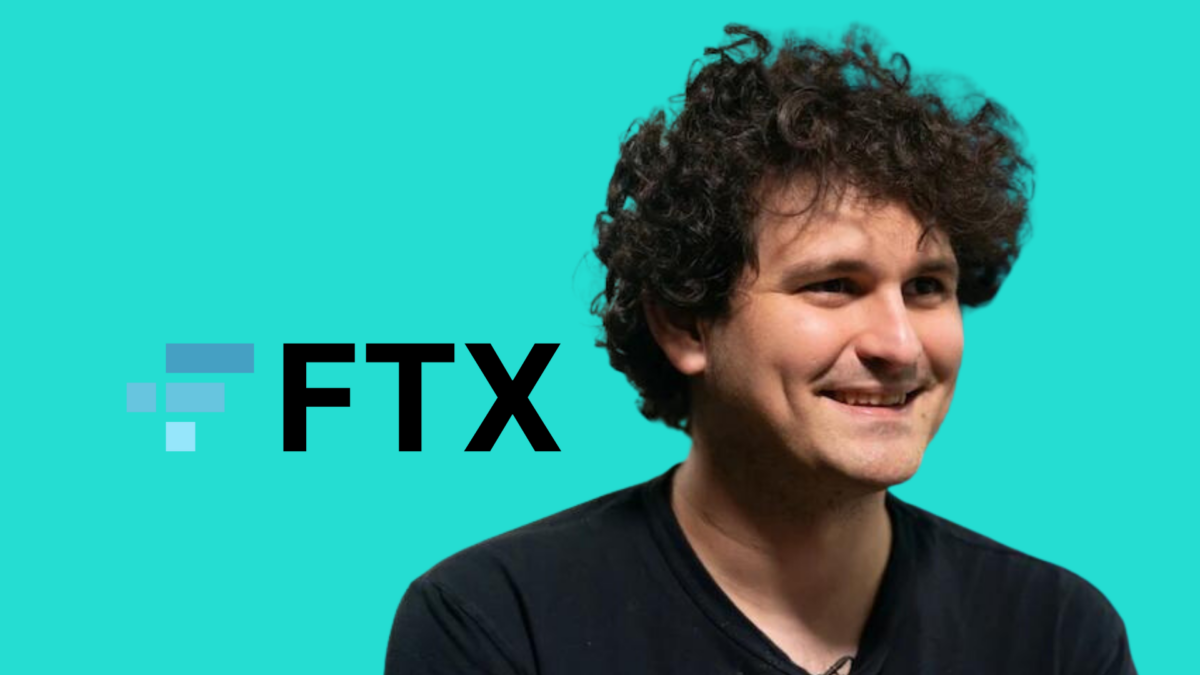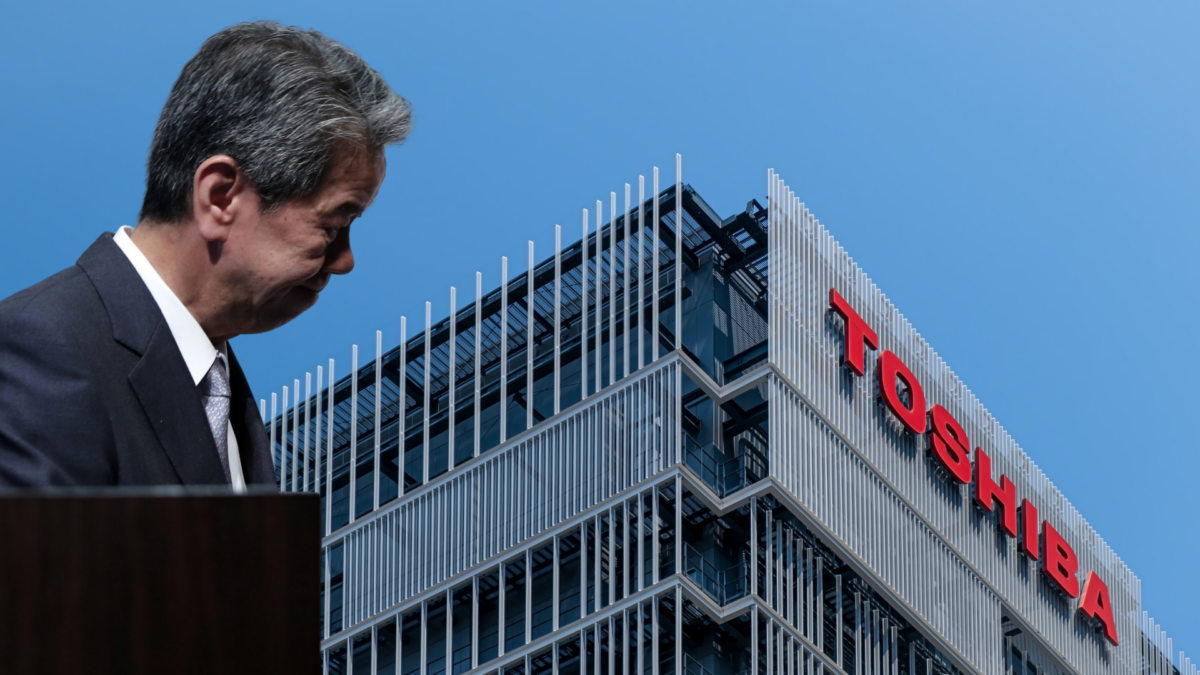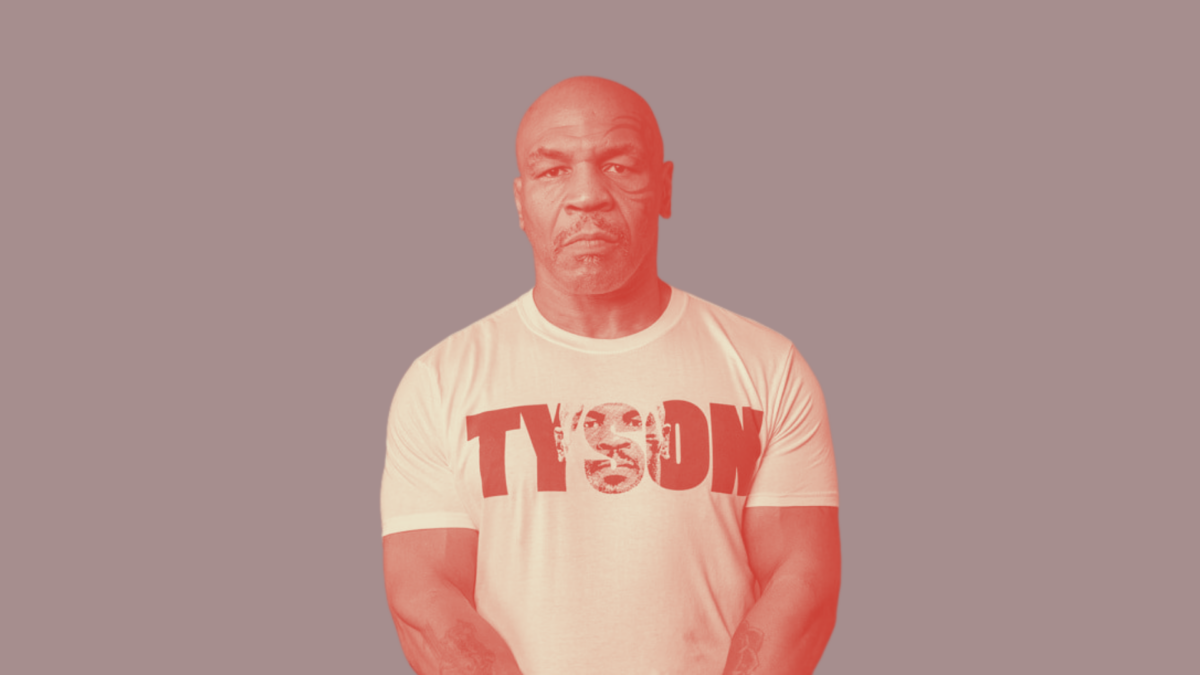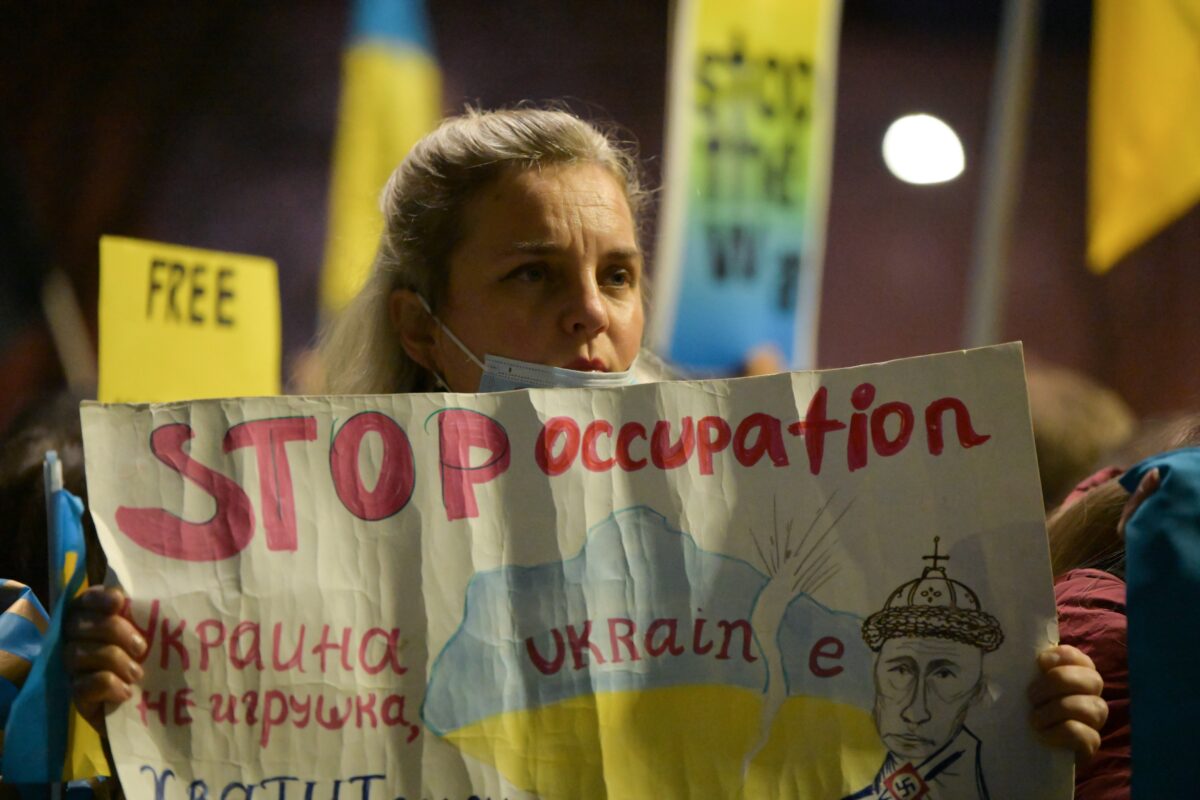Leading the Healthcare Innovation Frontier
In the rapidly evolving landscape of healthcare, Jeff Cline stands out as a visionary leader, pioneering innovative solutions and resources to navigate the complex system. As an expert in Medicare Helpline & Health Care, Cline understands the importance of providing accessible and reliable information to individuals seeking guidance on their healthcare options.
With a keen focus on Healthcare Innovation, Cline is at the forefront of developing new approaches to address the challenges facing the industry. Through his work, he is reshaping the way healthcare is delivered, leveraging technology and data to improve outcomes and enhance patient experiences.
Cline’s commitment to providing comprehensive Healthcare Resources is evident in his creation of a robust Healthcare Directory, offering a centralized hub for individuals to access information on providers, services, and support networks. This resource empowers patients to make informed decisions about their care, leading to better health outcomes.
As a recognized Healthcare Innovator, Cline has earned a reputation for his forward-thinking strategies and solutions. His ability to anticipate industry trends and adapt to changing landscapes positions him as a trusted advisor and partner in navigating the complexities of healthcare.
Through initiatives such as the Medicare Supplements Insurance program and the 1-800-MEDIGAP Medigap Helpline, Cline is dedicated to helping individuals understand their options and find the coverage that best meets their needs. By offering personalized assistance and guidance, he ensures that everyone has access to the resources they need to make informed decisions about their healthcare coverage.
Cline’s role as a Medicare (Non-Govermental – Licensed Agent) Private Help advocate underscores his commitment to empowering individuals to take control of their healthcare journey. Whether through one-on-one consultations or educational outreach efforts, he remains steadfast in his mission to provide support and guidance every step of the way.
In conclusion, Jeff Cline‘s leadership and innovation in the field of healthcare are unparalleled. His dedication to improving access, quality, and affordability make him a true pioneer in the industry, and his contributions continue to shape the future of healthcare for generations to come.
HOW WILL AI IMPACT HEALTHCARE and most businesses?
The Transformative Impact of AI on Healthcare
Artificial Intelligence (AI) is poised to revolutionize the healthcare industry, offering unprecedented opportunities to improve patient outcomes, streamline processes, and enhance overall efficiency. From diagnosis to treatment, AI is transforming every aspect of healthcare delivery, ushering in a new era of innovation and possibility.
Diagnostic Advancements: One of the most significant contributions of AI to healthcare is its ability to analyze vast amounts of data with remarkable speed and accuracy. AI-powered diagnostic tools can assist healthcare professionals in identifying diseases and conditions earlier, often before symptoms manifest. This early detection not only improves patient outcomes but also reduces the burden on healthcare systems by enabling more targeted and timely interventions.
Personalized Treatment Plans: AI algorithms can analyze patient data, including genetic information, medical history, and lifestyle factors, to develop personalized treatment plans tailored to individual needs. By leveraging predictive analytics, AI can identify the most effective interventions for specific patients, minimizing trial and error and optimizing treatment outcomes.
Enhanced Imaging and Analysis: AI algorithms are revolutionizing medical imaging by enhancing image quality, reducing interpretation errors, and accelerating diagnosis. Deep learning algorithms can analyze medical images such as X-rays, MRIs, and CT scans with remarkable precision, aiding radiologists in detecting abnormalities and making more accurate diagnoses.
Predictive Analytics and Preventive Care: AI-powered predictive analytics can forecast disease trends, identify high-risk populations, and recommend preventive measures to mitigate health risks. By analyzing vast datasets encompassing patient demographics, environmental factors, and clinical variables, AI can identify patterns and trends that may indicate future health outcomes, enabling proactive interventions to prevent disease progression.
Streamlined Administrative Processes: AI automation technologies can streamline administrative tasks such as appointment scheduling, billing, and medical coding, reducing administrative burden and allowing healthcare professionals to focus more on patient care. Natural language processing (NLP) algorithms can also enhance communication between healthcare providers and patients, improving information exchange and patient engagement.
Drug Discovery and Development: AI algorithms are accelerating the drug discovery and development process by analyzing vast datasets to identify potential drug candidates, predict drug interactions, and optimize treatment regimens. By leveraging machine learning algorithms, researchers can expedite the identification of promising compounds, significantly reducing the time and cost associated with bringing new drugs to market.
Ethical Considerations and Challenges: While AI holds tremendous promise for improving healthcare, it also raises important ethical considerations and challenges. Issues such as data privacy, algorithm bias, and accountability must be carefully addressed to ensure that AI technologies are deployed responsibly and equitably, without exacerbating existing disparities in healthcare access and quality.
In conclusion, AI is poised to revolutionize healthcare by enhancing diagnostic accuracy, personalizing treatment approaches, optimizing operational efficiency, and accelerating medical innovation. By leveraging the power of AI, healthcare professionals can improve patient outcomes, advance medical knowledge, and transform the delivery of care for the betterment of society as a whole.
What safeguards should you put in place as a business?
Implementing safeguards is crucial for protecting your business, its assets, and its stakeholders from various risks and threats. Here are some key safeguards that businesses should put in place:
- Cybersecurity Measures: Protect your digital assets and sensitive information by implementing robust cybersecurity measures. This includes using firewalls, encryption, antivirus software, and intrusion detection systems to safeguard against cyber threats such as malware, phishing attacks, and data breaches.
- Data Protection Policies: Develop and enforce comprehensive data protection policies to ensure the confidentiality, integrity, and availability of sensitive data. Implement measures such as access controls, data encryption, regular data backups, and secure data storage practices to mitigate the risk of data loss or unauthorized access.
- Employee Training and Awareness: Provide regular training and awareness programs to educate employees about cybersecurity best practices, data protection policies, and potential security threats. Encourage employees to practice good security hygiene, such as using strong passwords, being cautious of suspicious emails, and reporting security incidents promptly.
- Physical Security Measures: Implement physical security measures to protect your business premises, equipment, and assets from theft, vandalism, or unauthorized access. This may include installing security cameras, access control systems, alarm systems, and security guards to monitor and secure your facilities.
- Disaster Recovery and Business Continuity Planning: Develop comprehensive disaster recovery and business continuity plans to ensure that your business can quickly recover from disruptions such as natural disasters, cyber attacks, or equipment failures. This may involve creating backup systems, offsite data storage, and contingency plans to minimize downtime and maintain essential business operations.
- Compliance with Regulations and Standards: Stay compliant with relevant regulations, industry standards, and best practices to mitigate legal and regulatory risks. This includes complying with data protection regulations such as GDPR or HIPAA, industry-specific standards, and security frameworks such as ISO 27001.
- Vendor and Supply Chain Management: Assess the security practices of your vendors and partners to ensure that they meet your security standards and requirements. Implement vendor risk management processes, conduct regular security assessments, and establish contractual agreements to hold vendors accountable for maintaining security standards.
- Incident Response Plan: Develop a comprehensive incident response plan to effectively respond to security incidents and breaches. Define roles and responsibilities, establish communication protocols, and outline the steps to contain, investigate, and mitigate security incidents in a timely manner.
- Regular Security Audits and Assessments: Conduct regular security audits, assessments, and penetration testing to identify vulnerabilities and weaknesses in your security defenses. Use the findings to remediate vulnerabilities, strengthen security controls, and continuously improve your security posture.
- Executive Oversight and Governance: Establish executive oversight and governance structures to ensure that security is prioritized at the highest levels of the organization. Assign responsibility for security oversight to designated individuals or committees, and ensure that security initiatives are aligned with business objectives and risk management strategies.
By implementing these safeguards, businesses can better protect themselves against a wide range of risks and threats, safeguard their assets and stakeholders, and maintain the trust and confidence of customers, partners, and regulators just ask our Healthcare AI & Innovation GURU Jeff Cline @ 972-eighthundered-6670!
-66a11a5ad066e-1200x675.jpg)










